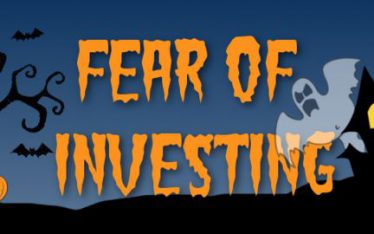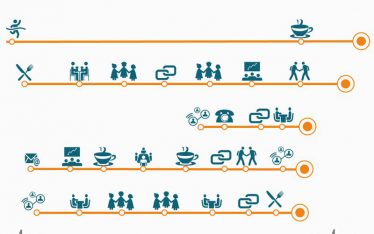This post extends Hansi Mehrotra’s original post in CFA Enterprising Investor Blog focused on Mutual Fund Research
The time taken by institutional investors to research an investment manager may very well exceed the actual investment period. As a result, while some investment managers may blame investors and intermediaries for their short-term mentality, the more thoughtful among them agree that it is difficult to choose among managers who all sound pretty similar. One has to decide whether to use an approach that is quantitative, qualitative or a mix of both in choosing the right manager. And often times, the manager may be the right one, just in an out of favor segment. The fact is, just as there isn’t one right way to pick stocks, there isn’t one right way to pick a manager.
Glass Half Full or Half Empty?
What are the right questions to ask? What information is not what it seems on the surface, and what is buried in the notes and disclaimers? While a qualitative process may help with the analysis, it won’t work unless the investor has the skills and knowledge to understand the nuances among the different fund managers one is analyzing. Given the size of the investment universe and fund strategies, this is an uphill battle.
No Recognition, No Incentives
Manager research is not as glamorous or as well-paying well paying as fund management. Top performing investors typically don’t get rewarded for their efforts in the same way that top performing investment managers such as hedge fund managers or venture capitalists do, and there’s room for better incentive alignment. It’s easier to be objective about top investment managers as there’s a track record to point to. In the case for investors, there isn’t a track record of picking winning managers that is easily accessible. Should that change?
Information Handicap
The access to information is difficult and prevents a more vibrant funds research market from emerging. I have commented on this point in my previous blogs, and would repeat it here, since it is central to why manager research is hard work. Information is often restricted, not available in a standardized format, and not reported consistently. The quality of information disclosed is inversely related to the size of the fund, and for funds closed to new investment, information is hard to come by. Furthermore, even if you have usable information, the tools to analyze this information are limited, making it difficult to analyze quickly and easily.
Is one of the four the best business model?
There are primarily four ways in which the manager research model has evolved:
- The investment manager pays a fee directly or through advertisements or content sponsorship
- The investor pays on transactions, similar to a multi-manager fund of funds portfolio
- The investor pays a fee or for a subscription, similar to access to research databases
- The investor pays ad valorem fees built into the product
The most prevalent business model in institutional research tends to be where the investor pays for the research directly and managers pay through sponsored thought leadership. While this maintains independence of the analysis, an investment manager has to go through multiple transactions with different investors.
Is there room for a different model?
A way forward for the industry could be for investors to collaborate on research to reduce duplicated efforts. Another model could be to shift some of the preliminary research related work to be paid by the fund manager, to provide a standardized, audited baseline research report. The latter reduces independence, but as Hansi pointed out in her blog, the proponents of the model point to credit rating agencies and auditing firms that are paid by the firms under review and still maintain their independence. Yes, rating agencies and audit firms have had hiccups and growing pains along the way, especially during crisis in the past two decades, but lessons learned can be extended to investment management industry.
Small changes in incentive alignments and research approaches could have large implications on fund research, making it less burdensome and more transparent for the industry overall.
Link to Hansi’s thought piece here: https://www.linkedin.com/pulse/why-good-mutual-fund-research-hard-find-hansi-mehrotra-cfa



